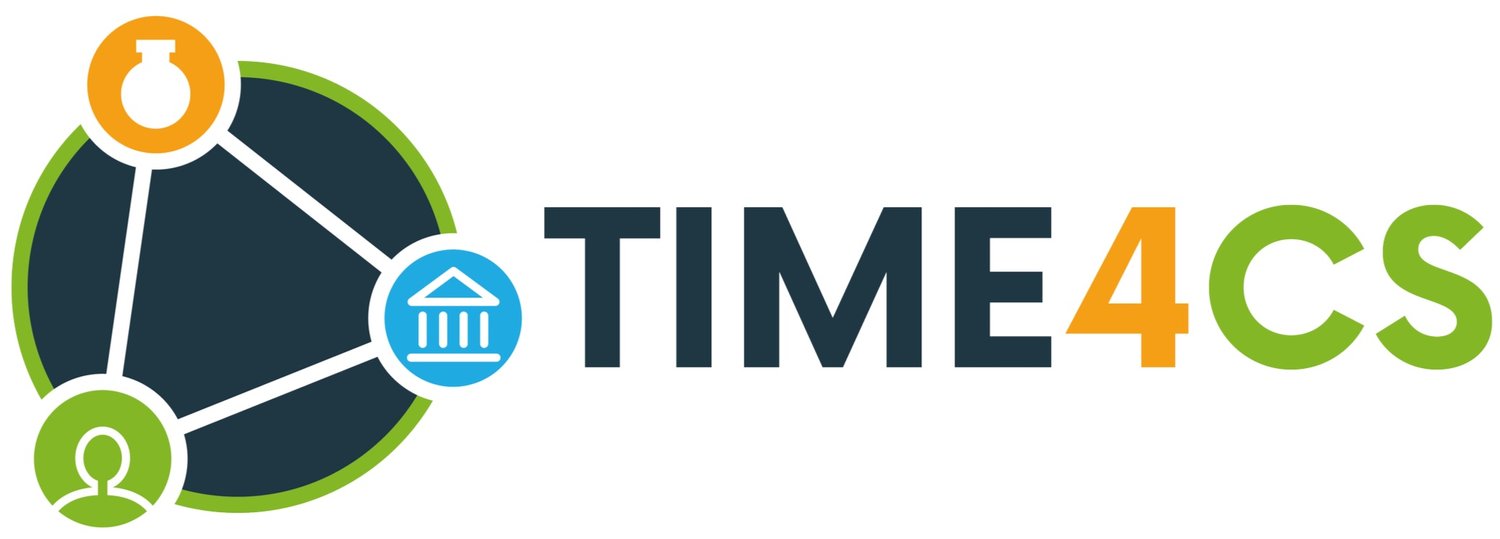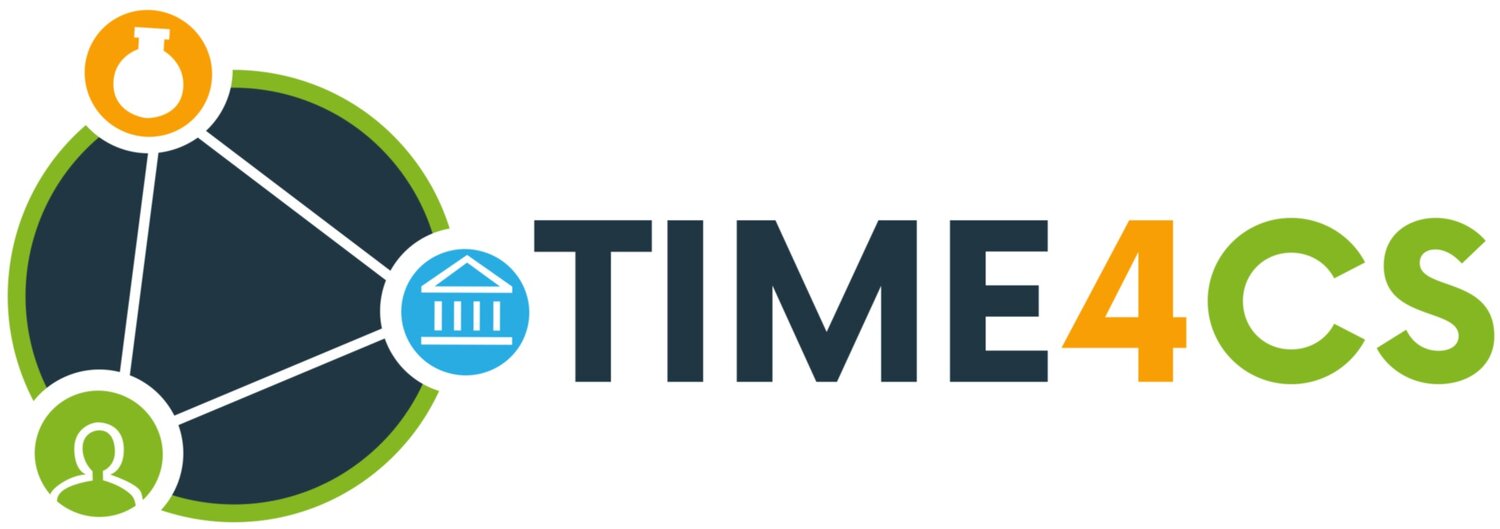Developing metrics and instruments to evaluate citizen-science impacts on the environment and society
MICS brings together six partners to develop an integrated platform of metrics and instruments to measure costs and benefits of citizen science. These metrics will consider the impacts of citizen science on the following domains:
Society: impact on society and individuals as well as collective (societal) values, understanding, actions and well-being (including relationships), e.g.: community building, improved volunteer health, changing citizens’ attitudes to environmental problems.
Economy: impact on the production and exchange of goods and services among economic agents; on entrepreneurial activity; economic benefits derived from data, e.g. for the public good or for the benefit of private sector actors, and business creation.
Environment: impact on the bio-chemical-physical environment, e.g. on the quality or quantity of specific natural resources or ecosystems, and improved river water quality and habitat.
Science and technology: impact on the scientific process (method) as well as research more broadly; on the scientific system (institutions; science policy; incentive structures), scientific paradigms and resulting technological artefacts (e.g. sensors, apps, platforms) and standards, e.g. new tools and technology to measure and monitor rivers, contributions to scientific knowledge.
Governance: impact on the processes and institutions through which decisions are made, both informal and formal (e.g. public policy), and on relationships/partnerships, as well as the governance of data generated, e.g. improved policies, legislation and decision making around river restoration.
The MICS project adopts the best practice generated by the Ground Truth 2.0 project in the co-creation of hands-on citizen science validated in four case-study sites across Europe, resulting in a comprehensive conceptual framework and clear recommendations for those involved in citizen-science projects. The four sites (in the UK, Italy, Hungary and Romania) explore the co-creation of citizen science in regions with differing needs, contexts, and approaches to environment management (for example, river restoration and nature-based solutions), and with various levels of citizen-science application.
To find out more about MICS please visit the project website.


